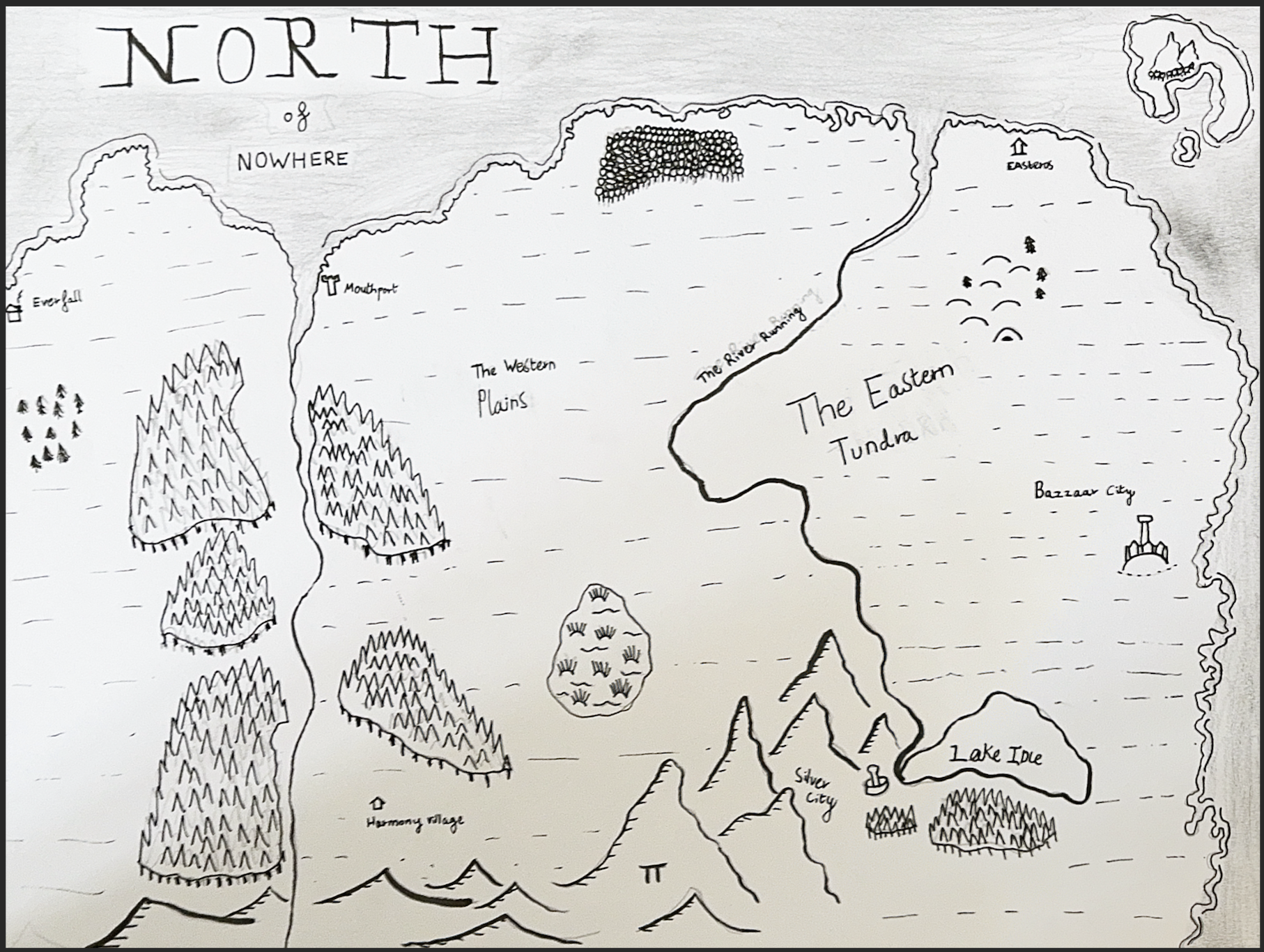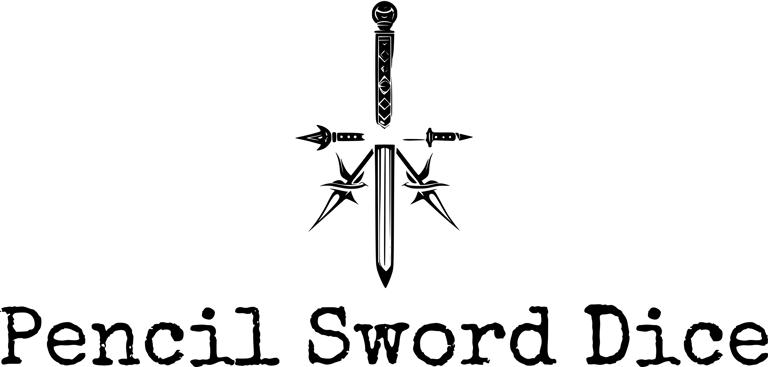TTRPGs For the inexperienced
Today we discuss what are the benefits of TTRPGs as a hobby and how to get started.
Pencil Sword & Dice Team
8/12/20252 min read


Tabletop RPGs are a way to enjoy creating a meaningful story with your friends. The idea of the TTRPG is in itself a multifaceted concept you have the physical aspect of rolling dice pen and paper etc, then you have the creative aspect of envisioning the the story and realising it in your mind, and finally there is the social aspect of collaborating to make the game fun for everyone.
Once involved in the hobby there is a plethora of avenues one can take in which skill delve into first. As a DM/GM your top priority should be building your improvisational skill and also building on your creativity. A great way to improve ones improv is to run a test pilot of the game system you and your group wish to play. By test pilot we mean a standalone one shot adventure unrelated to the main campaign you will be running. The idea behind this test pilot is to relieve pressure from the DM/GM and give a chance to the player to practice game etiquette. One way for a Game master to build their creative muscle is to practice world-building. In our opinion world-building should be done in that of the opposite order of a drawing. For beginners give attention to detail to small location and then build around it making relevant locations in the surrounding area. rather than drawing out an entire world map start with a village and build up as your campaign demands.For players the road to improvement is just as varied. A player’s main focus should be on understanding their character not just in terms of statistics but in personality, goals, fears, and quirks. When you know who your character is beyond their class abilities, your in-game decisions will feel more natural and immersive. This doesn’t require pages of backstory—sometimes a few well-thought-out details can give you all you need to bring them to life.
Another skill that both players and Game Masters can benefit from is active listening. In the rush of dice rolls, table chatter, and rules clarifications it can be easy to focus only on your own turn. But listening closely to others not only strengthens the story being told, it also creates opportunities for meaningful collaboration and roleplay.
Lastly, never underestimate the value of post-game discussion. After a session, take a few minutes to talk with your group about what moments were the most fun, which parts dragged, and how everyone felt about the pacing and tone. This is not only a great way to improve as a player or GM, but it also reinforces the social bonds that make tabletop RPGs so memorable.
The beauty of the hobby lies in its flexibility—there’s no “one true way” to play. Whether you’re sketching out the streets of a small village, fine-tuning the motivations of your rogue, or simply laughing with friends over a chaotic dice roll, you’re engaging in a creative and collaborative process that can’t be replicated anywhere else. And that’s the real magic of the tabletop.
Thanks for reading happy gaming!
